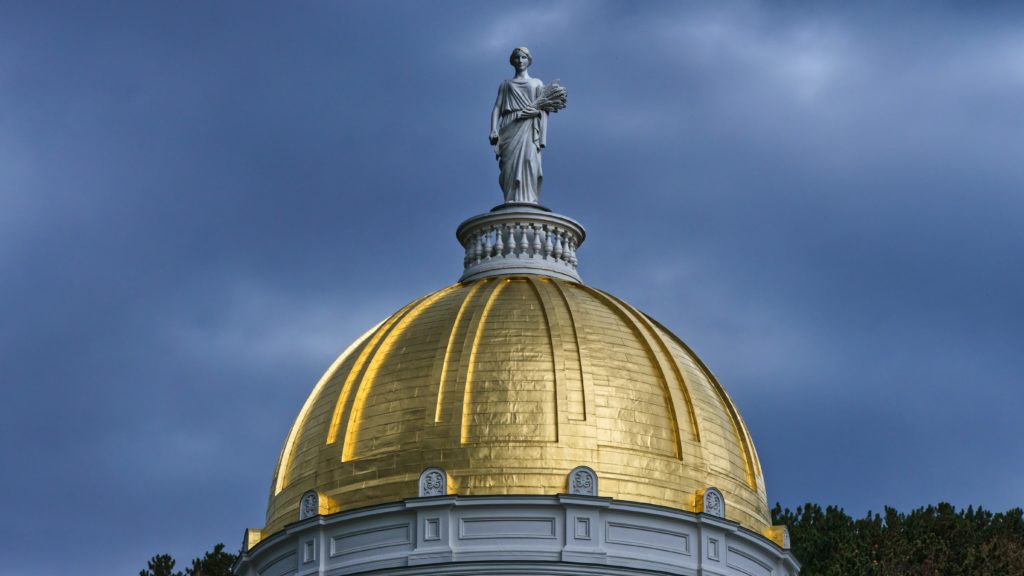On Wednesday, March 10th, the Senate Government Operations Committee advanced legislation (S.51) that would effectively ban corporate campaign contributions directly to candidates.
If enacted, S.51 would be a meaningful step towards getting big money out of politics. Currently, Vermont’s campaign finance law allows corporations to contribute the same amount as individuals. The idea here is simple: corporations are not people and they shouldn’t have the same rights as living, breathing human beings when it comes to supporting candidates and influencing elections.
Notably, the bill would also force Political Action Committees (PACs) to list their connected organizations, including corporations, labor organizations, and public interest groups. While corporations and other organizations can still give money to candidates through PACs, this bill would force greater transparency on money in politics.
To use a fictional example, without the passage of S.51, a PAC with an inconspicuous name like “Concerned Citizens for Vermont Families” could give money to candidates. While the PAC may seem well-intentioned, it tells us nothing about the financial backers. Special interest groups and big-money backers commonly use these tactics to disguise the source of campaign money. If enacted, the bill would force the connected organizations to clearly label themselves.
In additional, the bill includes a study to improve Vermont’s public campaign financing system. While Vermont currently has a public financing system, it is outdated and rarely utilized. We need to lift the voices of individuals and make it more accessible for low- and moderate-income Vermonters to support candidates.
One option listed in the bill would be a public campaign finance system based on vouchers, similar to the Seattle Democracy Voucher Program. Since that program launched in 2017, Seattle City Council elections have had higher voter turnout, and tens thousands of residents used the voucher system, with 88 percent of participants making political contributions for the first time.
VPIRG has long supported decreasing corporate influence on politics and increasing the power of individuals. In recent weeks, our Executive Director, Paul Burns, testified repeatedly in favor of the bill.
“The underlying bill says we know we don’t want to see more money and influence coming from corporate entities, instead we want to lift up the voices of real people,” Burns said. “Looking at public financing as one way of doing that.”
Click here to learn more about Vermont’s public campaign finance options.
UPDATE: S.51 passed favorably out of the Senate Appropriations Committee on March 18th and on March 24th the Vermont Senate passed the bill on a vote of 22-8.

